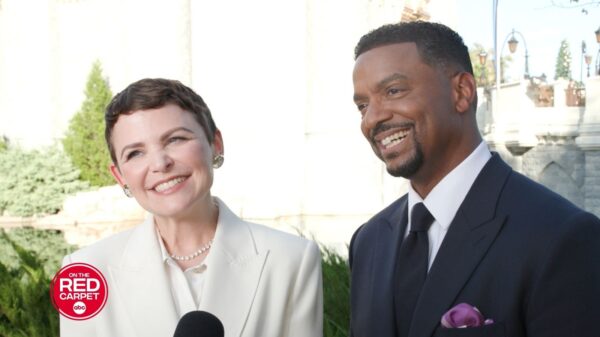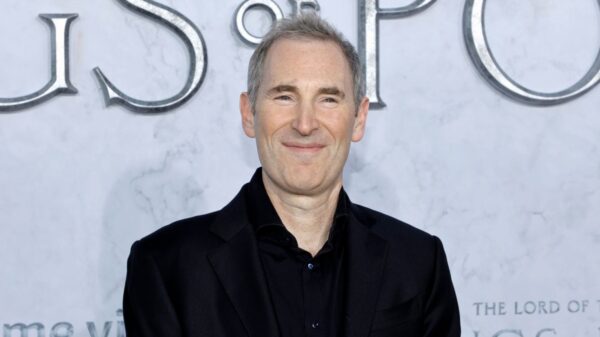BREAKING: Former OpenAI Product Chief Peter Deng has unveiled critical insights on assembling successful product teams, emphasizing the importance of creating a “team of Avengers.” This revelation, made during an interview on Lenny’s Podcast in June, is shaking up conventional team-building strategies.
Deng, who is now a general partner at Felicis Ventures, argues that the secret to thriving product launches lies in diversifying team strengths rather than relying on interchangeable generalists. He explained, “Think about your team as a product and what are the various pieces you need to really stretch the gamut of what you’re thinking about.”
His approach likens recruiting to a role-playing game (RPG), where each team member possesses unique “superpowers.” “You have to create this super team where everyone actually spikes in different ways,” he noted, emphasizing that diverse talents lead to unparalleled outcomes.
With a track record of launching innovative products including ChatGPT Enterprise, Facebook Messenger, and Uber Reserve, Deng’s insights carry significant weight in the tech community. He stressed that the most successful teams he has built are characterized by their diversity in skills and perspectives.
“The teams that I’ve helped build are — the most successful ones are a team of Avengers that are just very different, have very different superpowers,” Deng stated.
As the tech landscape evolves, particularly in Silicon Valley, Deng identifies two essential traits for team members: autonomy and a “growth mindset.” He firmly believes that self-directed employees elevate standards and drive innovation. “In six months, if I’m telling you what to do, I hired the wrong person,” Deng explained, highlighting the need for independent thinkers in fast-paced environments.
This “Avengers model” aligns with trends in tech that favor deep specialists over “full-stack” generalists as the demands of artificial intelligence (AI) become increasingly complex. Deng’s success at companies like Meta and OpenAI showcases how this approach can maintain competitive advantage in a rapidly changing industry.
Interestingly, this perspective resonates with the philosophy of tech legends like Steve Jobs, who, in a 1995 interview, emphasized the importance of staffing teams with “A players.” He argued that the performance gap between average and exceptional talent can be as vast as 50-to-1. Current industry leaders like Elon Musk echo this sentiment, advocating for a tight roster of top-tier performers to consistently outperform larger teams of average contributors.
As companies scramble to adapt to the evolving tech landscape, Deng’s insights may prove invaluable. Leaders and managers are encouraged to rethink their hiring strategies, recognizing that assembling a diverse and dynamic team could be the key to unlocking groundbreaking innovations.
Stay tuned for more updates on this developing story as the tech industry navigates these shifting paradigms in team-building and product development.




































































